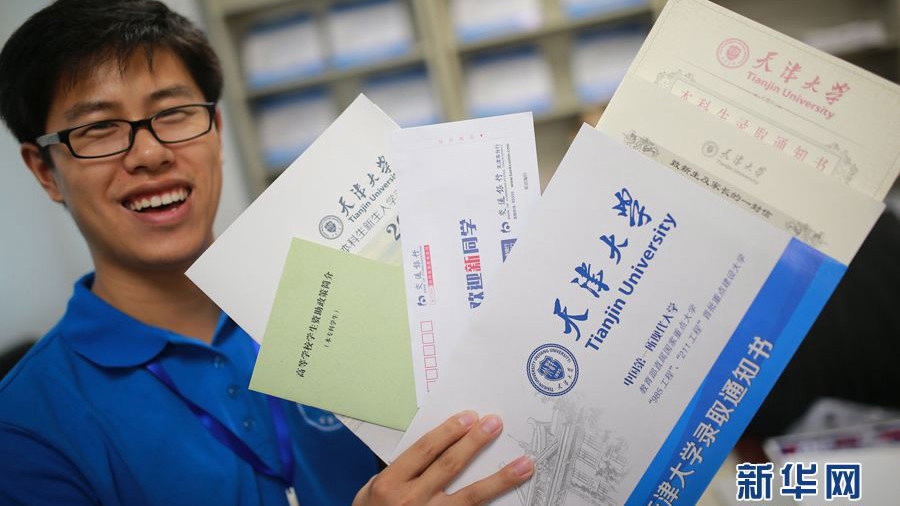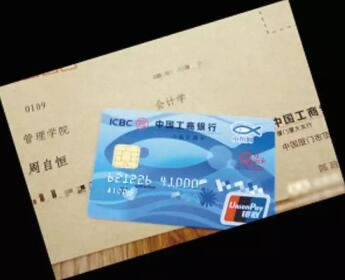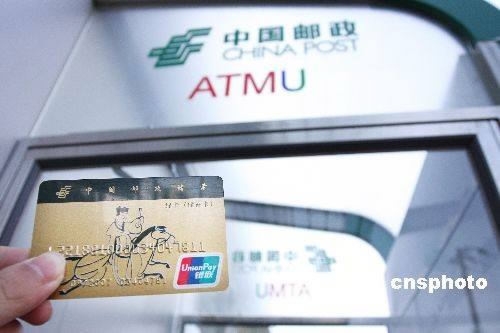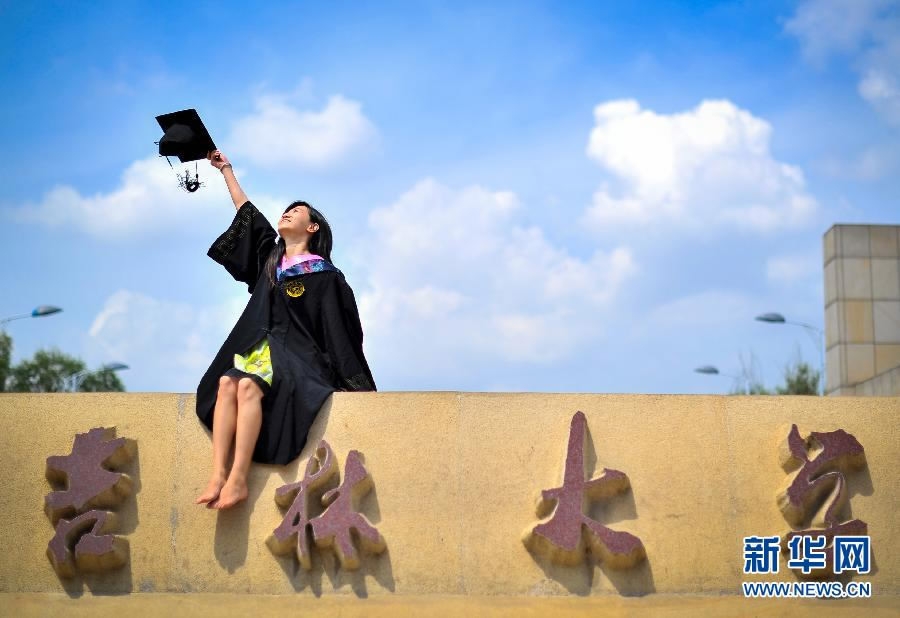
China
14:05, 03-Aug-2017
University admission notices issued with bank cards: Is this legal?

Now is the season for millions of Chinese students to get their years of hard work paid off as universities are sending out admission notices.
But very often, along with the notices come bank cards and mobile sim cards. Such a move, although providing freshmen some convenience, could be a breach of personal privacy, as thought by some experts.

Photo from Eastday.com
Photo from Eastday.com
The bank cards are usually used for students to pay for tuition fee and receive scholarships or grants. According to South China Metropolis Daily, even though the cards require to be activated by the students themselves, they still contain personal information.
Sim cards and other mobile service advertisement products are not allowed to be sent with admission notices without users’ consent, according to regulations released by China’s Ministry of Industry and Information Technology in 2011.

China News Service Photo
China News Service Photo
Meanwhile, the Ministry of Education requires no enrollment staffs be allowed to leak or sell any students’ information.
According to Chu Zhaohui, a senior education researcher at the National Institute for Educational Sciences, it is questionable for universities to provide students’ name and ID number to banks without authorization, “it happens not only in universities, but also in middle and elementary schools. Students can do nothing but accept such a practice. ”

Xinhua Photo
Xinhua Photo
Zuo Xiaodong, Deputy Director of China Information Security Studies, said it is sensitive to use personal information. “Can you open accounts for others without the holders’ authorization and identity cards?”
Deng Xueping, a lawyer with Capital Equity Legal Group said, “If universities voluntarily provide students’ information to banks or mobile companies without students’ agreement, it is a breach of personal privacy. In some severe cases, criminal charges leading up to 7 years in prison is applied."
In June 2017, a Bank of China branch in the city of Shangluo, northwest China's Shaanxi Province was fined 260,000 yuan (about 38,200 US dollars) for using some 3,000 students’ personal information to illegally open bank accounts.

SITEMAP
Copyright © 2018 CGTN. Beijing ICP prepared NO.16065310-3
Copyright © 2018 CGTN. Beijing ICP prepared NO.16065310-3